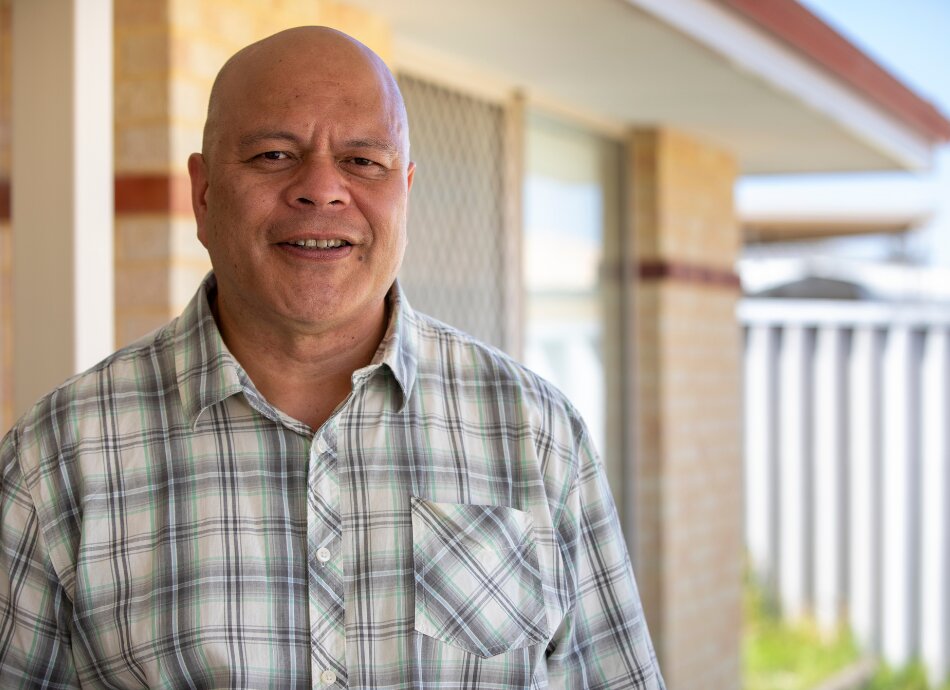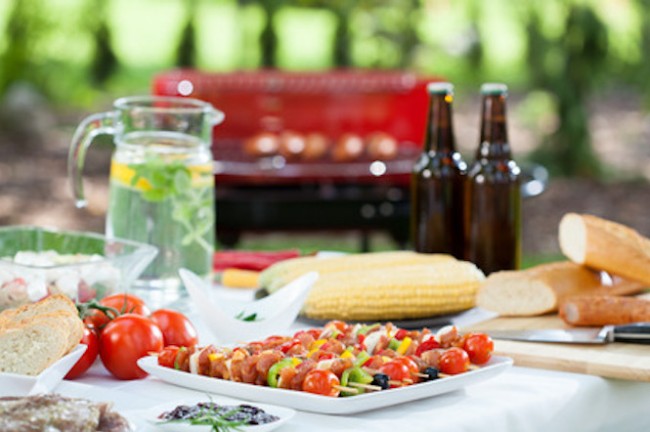You can now add Healthify as a preferred source on Google. Click here to see us when you search Google.
Diabetes and alcohol
Key points about diabetes and alcohol
- Living with diabetes doesn’t mean you have to stop drinking alcohol if you don’t want to.
- But because alcohol affects blood glucose (sugar) levels, there are a few things you should know.

Drinking alcohol can affect diabetes in a few ways.
Alcohol increases your chances of low blood glucose
- If you take insulin or certain diabetes tablets, alcohol can cause low blood glucose (hypoglycaemia) for up to 24 hours after drinking.
- This is because alcohol stops your liver from releasing glucose when your blood glucose level goes low.
Alcohol can make it harder to tell when your blood glucose is low
- It can make you feel lightheaded, dizzy and drowsy. These are similar to the symptoms you may feel if your blood glucose is too low.
- Having low blood glucose can be confused with being drunk.
Alcohol can make nerve damage worse
- If you have nerve damage related to diabetes, drinking alcohol can make it worse.
- It can also increase pain, numbness or tingling sensations.
Alcohol can make it harder to manage your weight
- This is because alcohol can have a lot of calories.
For most people, this doesn’t mean you can’t drink alcohol. But talk to your healthcare team. They can help you work out what’s right for you. This is especially important if you take medicines that can cause low blood glucose like insulin or sulphonylureas like glicazide or glipizide.
Know your limits
- Women should have no more than 2 standard drinks per day and no more than 10 standards drinks a week.
- Men should have no more than 3 standard drinks per day and no more than 15 standard drinks a week.
- One standard drink is 100 ml wine, 30 ml spirits or 330 ml can of 4% beer.
- Try to have at least 2 alcohol-free days every week.
Sip and snack
- Have alcohol with a meal or snack. Food slows down the absorption of alcohol into your blood. This helps prevent low blood glucose.
Don’t drink and sweat
- Try not to drink after exercising. Physical activity also lowers blood glucose, so this increases your chances of going low.
Check, check and check again
- Check your blood glucose levels before you drink, after you drink, before you go to bed and the next day.
Think about your drink
- Try lower-alcohol drinks like light beer and light wine.
- Choose sugar-free mixers such as water, diet tonic or club soda.
- Avoid ‘ready to drink’ premixed drinks.
Prepare for low blood glucose
- Have glucose tablets, lollies or another source of quick-acting carbohydrate to take if you think you have low blood glucose.
- Make sure whoever you’re with knows you have diabetes and how to help if you need them to.
Image: 123RF
The following links provide further information about diabetes and alcohol. Be aware that websites from other countries may have information that differs from New Zealand recommendations.
Diabetes and alcohol(external link)(external link) Diabetes NZ
Alcohol and diabetes(external link)(external link) American Diabetes Association, US
Alcohol and diabetes(external link)(external link) Diabetes UK
Alcohol(external link)(external link) Health New Zealand | Te Whatu Ora
Apps
Resources
Alcohol: Standard drinks(external link)(external link) Health Promotion Agency, NZ
Sensible drinking with diabetes(external link)(external link) Starship NZ
How many kilojoules are in alcoholic drinks?(external link) Healthy Food Guide, NZ
References
- Diabetes and alcohol(external link)(external link) Diabetes NZ
- Alcohol – the body and its health effects(external link)(external link) Te Hiringa Hauora | Health Promotion Agency, NZ, 2016
Credits: Healthify editorial team. Healthify is brought to you by Health Navigator Charitable Trust.
Reviewed by: Emma Shields, Registered Dietitian, Wellington
Last reviewed:
Page last updated:






